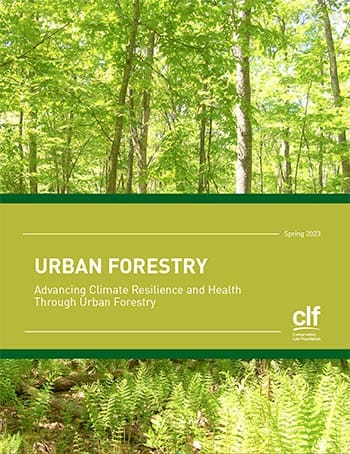Some of $2.2 million settlement will help clean up the Merrimack River
The Conservation Law Foundation reached an agreement with Schnitzer Steel over heavy metal pollution going into the water in New Hampshire, Massachusetts, and Puerto Rico
The Conservation Law Foundation reached an agreement with Schnitzer Steel over heavy metal pollution going into the water in New Hampshire, Massachusetts, and Puerto Rico
“It’s about time this multi-billion-dollar company complied with the law,” said CLF attorney Chelsea Kendall. “Toxic runoff from Schnitzer’s facilities has been contaminating waters that people depend on for drinking and recreation. This $3 million settlement will go a long way towards cleaning up these rivers and ensuring the company ends this harmful pollution”
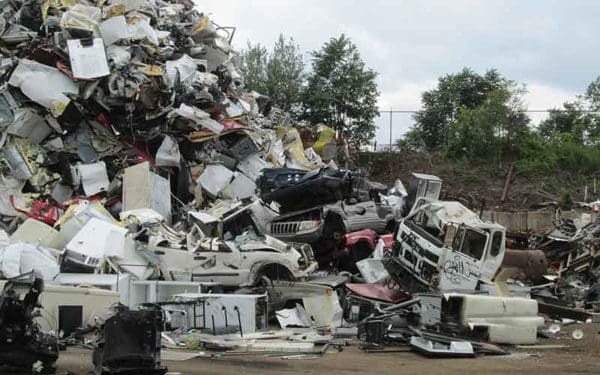
“It’s about time this multi-billion-dollar company complied with the law,” Conservation Law Foundation Attorney Chelsea Kendall said in a statement Monday. “Toxic runoff from Schnitzer’s facilities has been contaminating waters that people depend on for drinking and recreation. This $2 million settlement will go a long way towards cleaning up these rivers and ensuring the company ends this harmful pollution.”
A summer of extreme weather in New Hampshire has harmed the environment. It has also inspired citizens to take action.

The climate crisis is here. That means we must not only focus on how to prevent future climate impacts but also on how to preserve life and prevent damage to our homes, neighborhoods, and cities today. Here’s how.
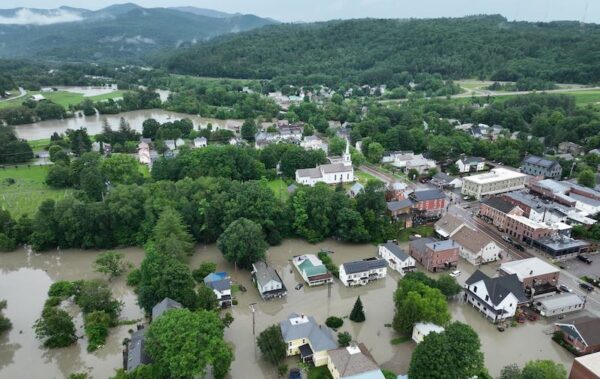
Fossil fuel companies are pushing alternative fuels as solutions to the climate crisis – but those fuels aren’t solutions at all.
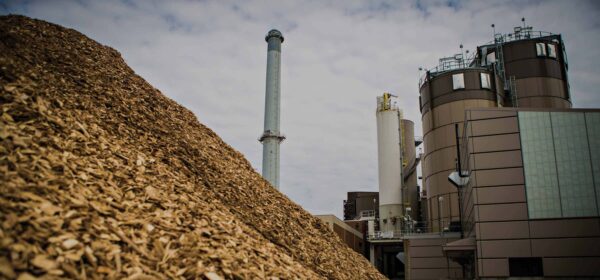
CLF’s recently published study finds that bioenergy can play a limited role in industries that are near-impossible to electrify – but clean energy like solar, wind, and heat pumps must largely pave the path forward.
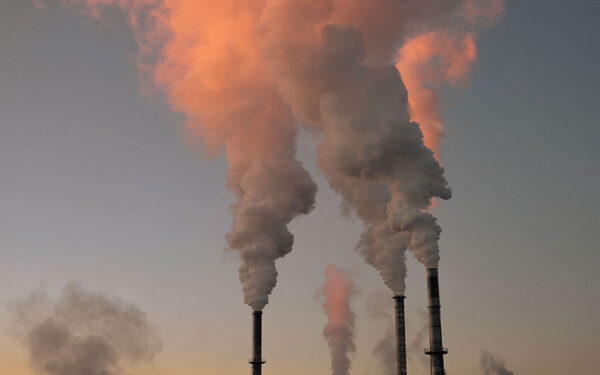
As the conversation around our clean energy future progresses, new fuels have entered the field that are purportedly “renewable” and “clean.” These fuels are often called “bioenergy” because they are produced from natural resources and waste. Policymakers are contending with what role these new fuels play in slowing climate change. CLF answers this question in… Continue reading Limited and Careful Use: The Role of Bioenergy in New England’s Clean Energy Future
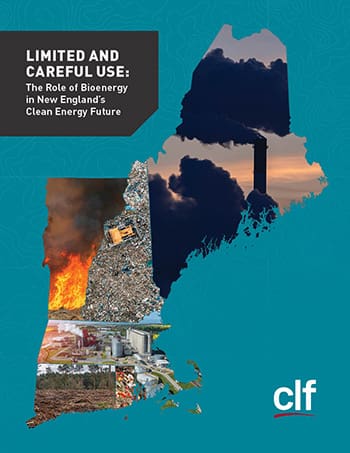
As demand for electric vehicles rises, so does demand for the minerals that make up their batteries. We can ensure mining for them does not hurt people or the environment.
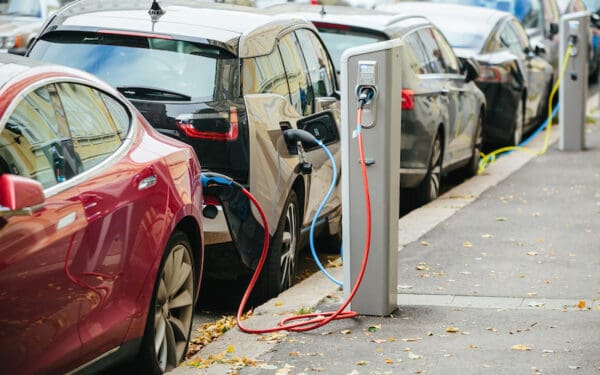
CLF identified common challenges and barriers, best practices, and gaps in research in order to develop a strategy for accelerating urban forestry efforts in New England.
